Artificial Intelligence (AI) continues to revolutionize our world in unexpected ways. Despite its growing presence, numerous surprising facts remain unknown to many.
This blog post uncovers nine shocking revelations about AI that might change your perception of this incredible technology. From ethical dilemmas to groundbreaking innovations, AI’s capabilities and consequences are more profound than we ever imagined.
Read on to discover these astonishing insights into the power and complexity of artificial intelligence.
1. AI Predicts Human Emotions
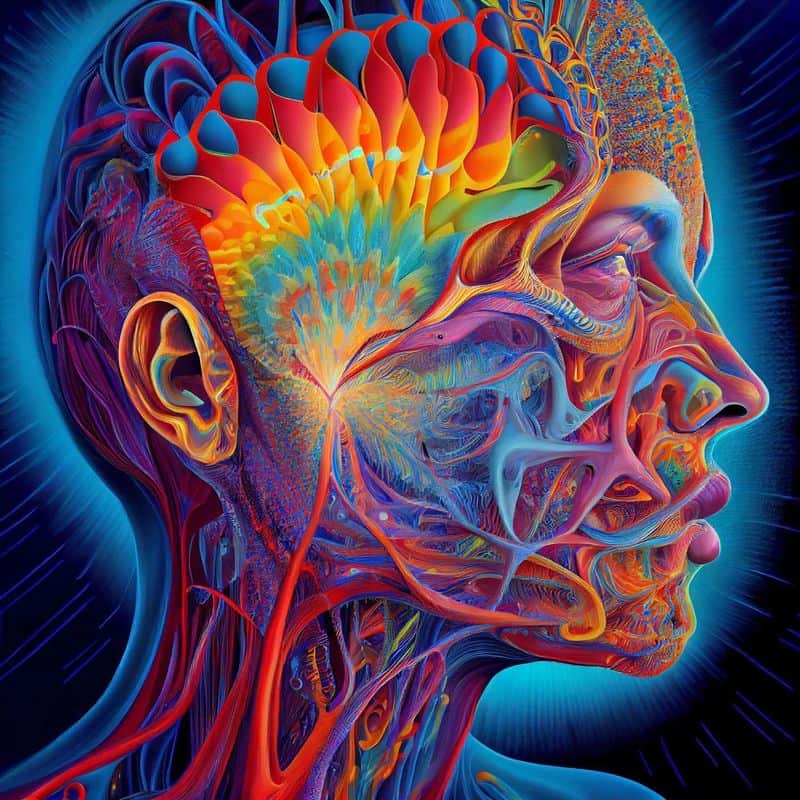
Did you know that AI can predict human emotions with high accuracy? This breakthrough involves analyzing facial expressions, voice tones, and even brain activity. By processing vast amounts of data, AI can deduce feelings, moods, and emotional states.
This technology is already being used in customer service to gauge satisfaction levels and respond accordingly. However, it raises privacy concerns as it delves deeper into personal lives. Could AI soon understand us better than we understand ourselves?
The implications are both exciting and unsettling, fueling debates worldwide. Consider how this might affect everything from marketing to mental health support.
2. AI Writes Original Music

Artificial Intelligence is not only revolutionizing industries but also the arts. AI systems can now compose original music by analyzing patterns in existing compositions.
These systems generate melodies, harmonies, and rhythms, creating pieces indistinguishable from human-made music. Musicians and composers are starting to collaborate with AI to explore new creative horizons.
Yet, this raises questions about authenticity and ownership in the music industry. As AI blurs the line between machine and human creativity, it challenges traditional notions of artistry. What role will AI play in the future of music, and how will audiences perceive it?
3. AI Diagnoses Diseases
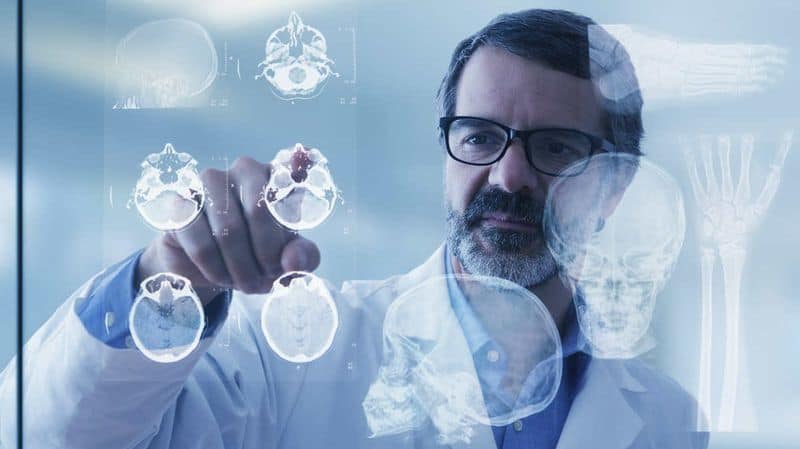
AI’s potential in healthcare is life-changing. Doctors are leveraging AI to diagnose diseases more accurately and swiftly than ever before. By analyzing medical images and patient data, AI systems identify abnormalities that might be missed by the human eye.
This advancement is particularly beneficial in detecting conditions like cancer at early stages. While AI aids doctors, it also sparks debates about its role in medical decision-making. Can machines replace human judgment?
Balancing technological assistance with human empathy is crucial as AI becomes a staple in healthcare. The journey to integrate AI into medicine is only beginning.
4. AI Generates Legal Documents
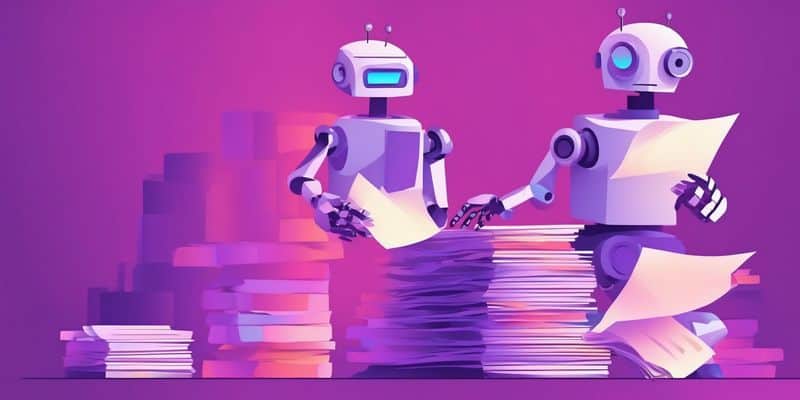
Legal processes are notoriously complex, but AI is simplifying them. AI systems now generate legal documents, ensuring accuracy and efficiency.
By analyzing legal precedents and language, these systems produce contracts, agreements, and more, reducing the workload for lawyers. This technology accelerates legal proceedings and ensures fewer errors.
However, it raises concerns about the diminishing need for human legal expertise. Could AI eventually replace lawyers in certain tasks? The legal profession must adapt to these technological changes, weighing the benefits against potential challenges.
As AI reshapes law, its influence will likely grow, transforming traditional legal practices.
5. AI Enhances Cybersecurity
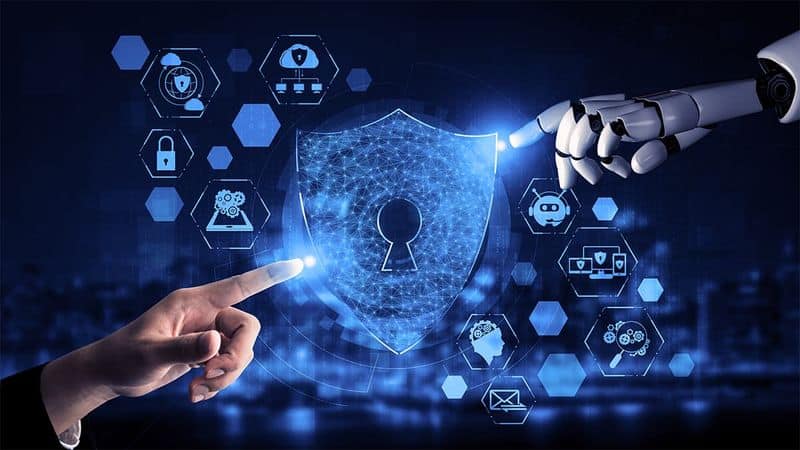
AI is proving invaluable in the fight against cybercrime. It enhances cybersecurity by predicting and counteracting potential threats. By analyzing patterns and anomalies in network traffic, AI identifies suspicious activities before they escalate.
This proactive approach prevents data breaches and safeguards sensitive information. However, cybercriminals are also employing AI, leading to an arms race in digital security.
The dynamic between attackers and defenders becomes more complex as technology evolves. Despite its advantages, AI in cybersecurity demands constant innovation to stay ahead. Balancing AI’s defensive capabilities with ethical considerations poses ongoing challenges in the digital age.
6. AI Translates Languages in Real-Time

Breaking language barriers, AI offers real-time translation for seamless communication across cultures. Using neural networks, AI translates spoken and written words instantly. This technology is revolutionizing travel, diplomacy, and global business.
Language learning, however, may decline as AI handles communication. The reliance on technology raises concerns about cultural nuances being lost in translation. While AI excels in accuracy, it struggles with context and idiomatic expressions.
As AI continues to develop, it will become an essential tool for global interaction. The potential for misunderstandings remains, emphasizing the need for human oversight alongside technological advancements.
7. AI Designs Experimental Drugs

AI’s role in drug discovery is groundbreaking. By analyzing biological data, AI designs experimental drugs faster than traditional methods.
This acceleration is crucial in responding to health crises and developing treatments. AI identifies promising compounds and predicts their effects, optimizing research efforts. However, this rapid progress prompts questions about regulation and safety.
As AI takes the lead in drug development, ensuring ethical standards is vital. Researchers must navigate this new landscape carefully, balancing innovation with patient safety.
AI’s potential to revolutionize pharmaceuticals is immense, marking a new era in medical research and development.
8. AI Assists in Disaster Response
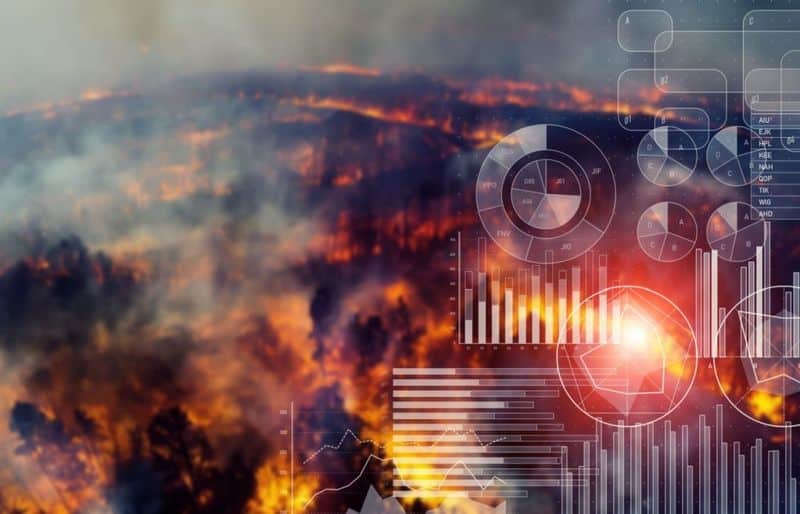
AI is transforming disaster response strategies. By analyzing satellite images and social media data, AI identifies impacted areas and assesses damage. It helps allocate resources efficiently, improving response times and saving lives.
AI’s ability to predict disaster patterns further enhances preparedness. Yet, relying on AI in emergencies poses risks if systems fail. Human oversight remains essential to address unforeseen challenges.
As AI becomes integral to disaster management, balancing automation with human intervention is crucial. The synergy between AI and human responders will define the future of emergency operations, offering hope amid crises.
9. AI Influences Political Campaigns

Political campaigns are increasingly driven by AI analytics. By processing voter data, AI tailors campaign strategies, targeting specific demographics with precision.
This technology optimizes resource allocation, enhancing candidate reach. However, ethical concerns arise over data privacy and manipulation. The influence of AI in politics could alter democratic processes, posing challenges to transparency and fairness.
As AI shapes political landscapes, its role must be scrutinized to preserve democratic values. Campaigns must balance technological innovation with ethical considerations.
The integration of AI in politics offers new possibilities, but vigilance is required to protect democratic integrity.

